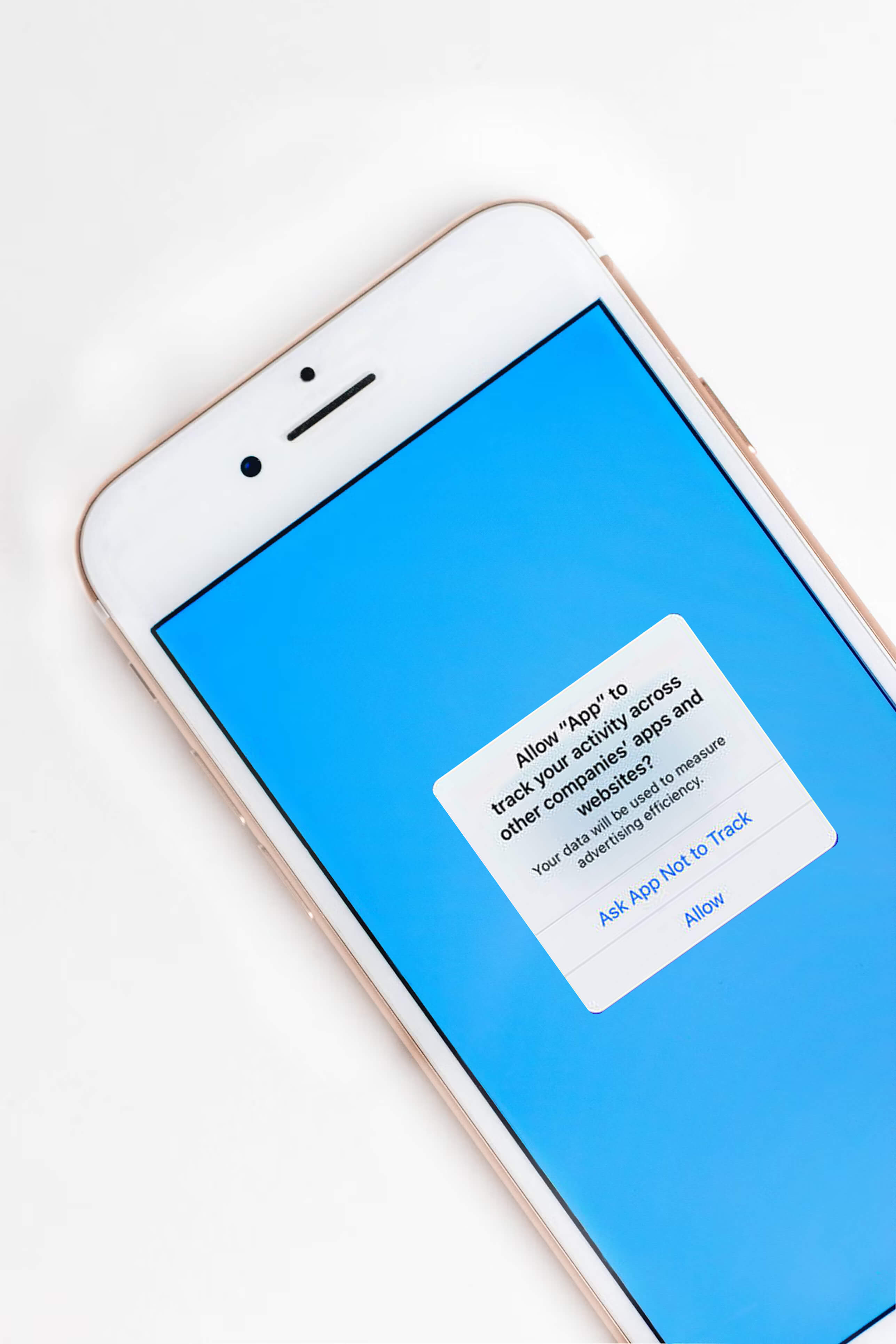Back to Insights
Mobile App Development in 2025: Why Privacy and Security Come First
You’ve likely downloaded an app that felt useful at first. Everything seemed fine until it asked for too many permissions. Or maybe the ads got a bit too personal. That moment makes you wonder where your data is actually going.
People are more alert now. They are curious about how their data is used. In mobile app development, mobile app privacy and mobile app security are no longer optional. They are essential from day one.
Trust isn’t built through promises. It’s earned by doing the basics well. Only ask for what’s needed. Keep it secure. Be honest about what happens with user data. When people feel protected, they stay.
Why privacy first design matters in mobile app development
Apps aren’t just tools. They are part of everyday life, and users expect control over their information.
A privacy-first approach means:
- Collecting only what the app truly needs
- Writing privacy policies that are easy to understand
- Giving users the choice to share or block data
- Letting people edit or delete their information when they want
Doing this builds confidence and confident users keep coming back.
Start security at the beginning
Privacy handles how data is used. Security ensures it is protected.
Strong security starts early and it should be part of the development process from the beginning. Here is what that includes:
- Using safe login methods like two-step verification and biometrics
- Encrypting data while stored and while in use
- Adding checks to spot tampering
- Locking down APIs with proper controls
- Regular reviews to fix problems before they grow
When security is part of the process, everyone is better off.
Show that you respect user data
Apps often need data to work, but how you handle that data says a lot.
Build user confidence by:
- Asking only for what is useful
- Encrypting information so others can’t read it
- Deleting data that is no longer needed
- Letting users manage what they share
These actions build trust and help follow the law too.
Make communication safe
People use apps to message, pay, and share personal details. That data must stay private.
Here’s how to do that:
- Use encryption from end to end
- Secure all real-time features
- Make sure users only connect to verified servers
Secure communication makes people feel safe and respected.
Keep up with changing rules
Privacy laws are always shifting and your app needs to follow the latest ones.
Stay compliant by:
- Asking clearly for consent
- Explaining what you collect and why
- Securing data in storage and while moving
- Keeping good records of how you handle user data
This protects your business and shows your users that you take responsibility.
What’s ahead in mobile app security
Threats keep changing and so do the tools to stop them. Here are some to keep an eye on:
- Tools that use artificial intelligence to catch problems early
- Systems that check every login and action for safety
- Secure records using blockchain
- Watching behavior to find fraud fast
Staying informed helps your app align with the latest app security trends and stay strong.
Why this matters to users
For users, this is not just about tech. It’s about trust. If your app feels safe, they use it. If not, they move on.
That is why designing secure mobile apps with user data protection in mind must be part of the plan from the start.
FAQs on mobile app privacy and security
Because people trust you with their personal data, and that data needs to be safe.
Privacy is about how data is used. Security is about keeping it protected.
Ask for permissions, be clear with users, and follow local laws.
Yes. It keeps data private during use and storage.
Better user control, regular updates, and smarter threat detection.
Want to build apps people trust? Connect with our team to get started.
